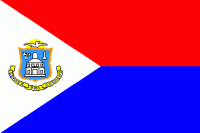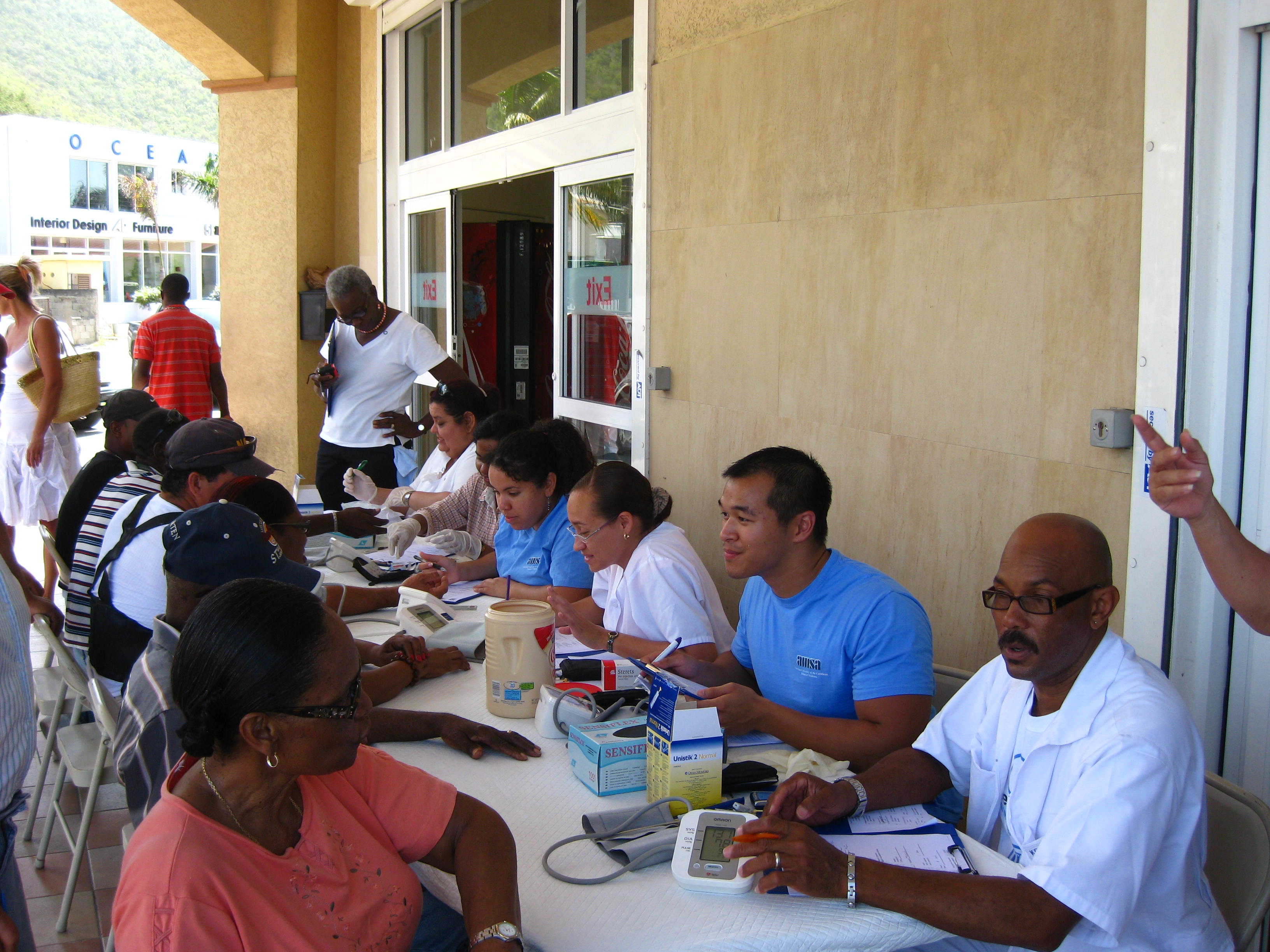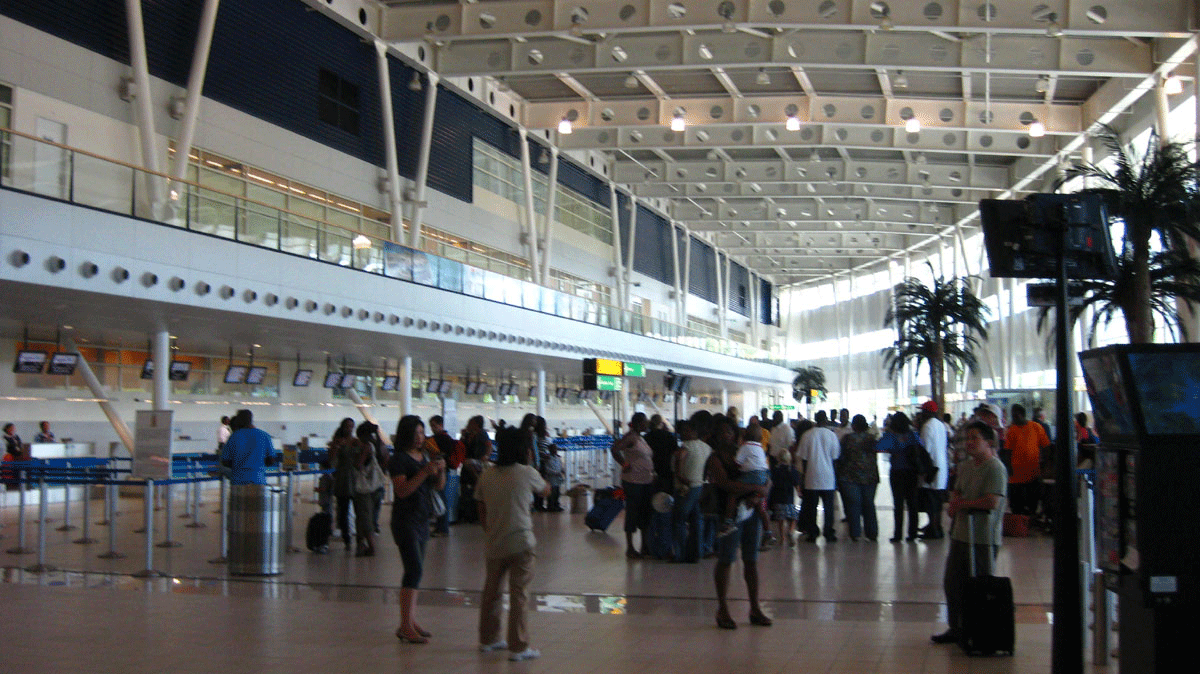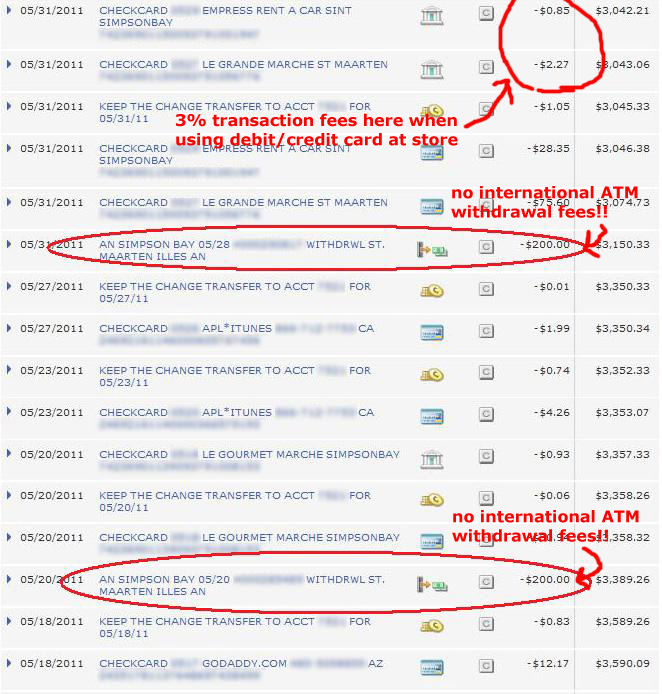Is St. Maarten Becoming Independent?
Although St. Maarten will be elevated to a higher political status, it is a common misunderstanding among many foreigners outside the bubble of St. Maarten news and politics to assume that gaining Country Status in St. Maarten means gaining Independence from the Kingdom of the Netherlands. In reality, this is far from the truth. To understand St. Maarten’s new status after October 10, 2010 (commonly known as 10-10-10 in St. Maarten media), it’s essential to understand the political terminology and structure of the Kingdom of the Netherlands.
The confusion stems from a difference in semantics. In American everyday speech, a “country” often implies a sovereign state that looks up to no other state in its affairs, much like the U.S., Canada, or China. A “country” is usually recognized by the U.N. and most other nations around the world as sovereign and independent. On the contrary, in Dutch political terminology, a “country” is simply the largest political division within the Kingdom of the Netherlands, much like how a “state” is the largest division within the United States or a “province” within Canada.
Currently, the Kingdom of the Netherlands is made up of three “Countries” (divisions): Holland, Netherlands Antilles, and Aruba. Constitutionally, they are all equally integral parts of the Kingdom and are all granted by the Charter to have a voice in the affairs of the Kingdom. The Netherlands Antilles further consists of the five member islands of Curacao, Sint Maarten, Sint Eustatius, Bonaire, and Saba, which in American terminology, are akin to “counties” within the “state” of the Netherlands Antilles. After 10-10-10, however, all of this will change. Curacao and Sint Maarten will both be elevated into “Countries” within the Dutch Kingdom, much like how its predecessor, the Netherlands Antilles, was a “Country” within the Dutch Kingdom. Bonaire, Sint Eustatius, and Saba will become municipalities within Holland (the European part of the Netherlands). In American vernacular terminology, both St. Maarten and Curacao will be promoted from being “counties” (like Orange County or Dade County) into being “states” (like California or Florida).
On 10-10-10, the Kingdom of the Netherlands will no longer consist of three, but four constituent Countries: Holland, Aruba, Curacao, and Sint Maarten, all equal and all integral components of the Dutch Kingdom. So instead of losing all voice in Dutch politics, as would happen with Independence, St. Maarten will instead be gaining a stronger voice in Dutch politics with its promotion within the Kingdom. At the same time, it will have more say over its own domestic politics, instead of answering to the Netherlands Antilles as it did before. Instead of being represented by the Governor of the Netherlands Antilles in Dutch politics, St. Maarten will also get its own Governor. The Kingdom Council of Ministers of the Netherlands has appointed Eugene Holiday to be the first Governor of St. Maarten.
St. Maarten will remain Dutch, and the people will still be referred to as Dutch. They will still carry passports of the Kingdom of the Netherlands, just like those from Aruba, Curacao, or Holland. St. Maarten will still follow the Constitution of the Kingdom of the Netherlands as well as the Charter of the Kingdom of the Netherlands. It will not have a seat in the U.N., much like how the American states or Wales and Scotland (also called “Countries” within the U.K.) do not have representation in the U.N.
Indonesia and Suriname, former “Countries” within the Kingdom of the Netherlands, have gone the direction of full-fledged Independence. Will it be possible that St. Maarten becomes a truly independent, sovereign nation in the future? Who knows. But as of June 2000 referendum, the people of Sint Maarten overwhelmingly voted to remain part of the Kingdom of the Netherlands as a constituent country (nearly 70%). Only 14% voted for true full-fledged Independence, like that of Indonesia and Suriname. I’ve talked to several locals here (3, to be exact) about the issue. They all seem to agree that St. Maarten is not ready for full-fledged independence. As one of the persons stated, they just do not like how all the money from the Kingdom gets spent in Curacao first before the little that is left gets trickled down to St. Maarten. By having a direct representation within the Dutch Kingdom, they will have more aid and more say in Dutch politics. Independence or not, decisions like these will take many years or decades of planning, especially for a territory and economy as small and limited as Sint Maarten, with 40,000 people living in an area of 13 square miles with practically no natural resources. It would become the fifth smallest country in the world after Vatican City, Monaco, Nauru, and Tuvalu, if it were to decide to go towards Independence in the future. But for now, the people of St. Maarten are looking forward to their new status, and I am too.
“The status of country within the Dutch Kingdom is not independence, but it can be seen as a “steppingstone” to that…” — The Daily Herald, quoting National Alliance leader Commissioner William Marlin of St. Maarten, February 2010














